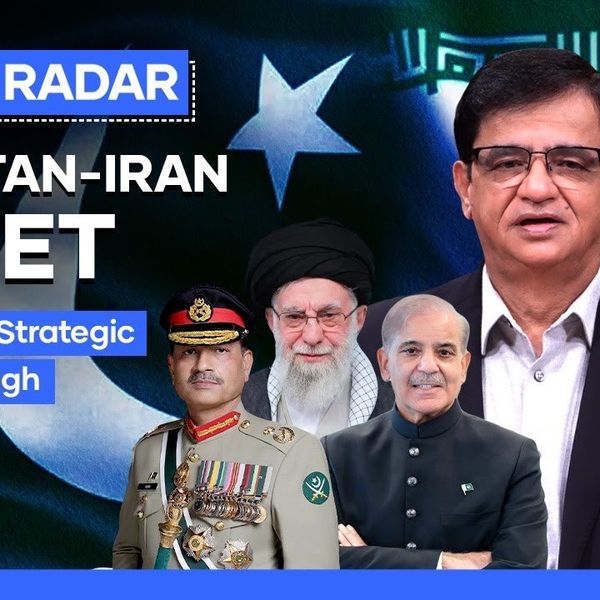UAE pledges to 47% reduction in emissions by 2035
Plans to transition away from fossil fuels through approach that includes civil nuclear energy, significant increases in solar capacity, and waste-to-energy technologies.
Reuters
News Agency Partner
Reuters is a leading source of news and information, delivering fact-based reporting and expert analysis on international events and trends.

United Arab Emirates committed to cut its planet-warming emissions by 47% compared with 2019 levels by 2035.
The United Arab Emirates committed to cut its planet-warming emissions by 47% compared with 2019 levels by 2035 in its new national climate plan released on Thursday, ahead of next week's United Nations COP29 climate summit in Azerbaijan.
The UAE, which hosted last year's U.N. climate summit in Dubai, is the first major emitter to submit its updated strategy, known as Nationally Determined Contributions (NDCs), ahead of the February 2025 deadline.
NDCs are the foundation of the Paris Agreement. They are meant to encourage countries to adopt new targets to cut emissions and measures that keep them on track to meet the accord's goal of achieving net-zero emissions by 2050, and preventing global temperatures from rising beyond 1.5 degrees Celsius (2.7 F) above preindustrial levels.
Under the Paris accord, signatories are required to update their climate plans every five years. The UAE previously promised in 2023 to curb its emissions by 40% against 2019 levels by 2030.
The new round of NDCs are the first test of the commitment made in last year's COP28 agreement to transition away from fossil fuels.
The UAE plans to transition away from fossil fuels through an approach that includes civil nuclear energy, significant increases in solar capacity, and waste-to-energy technologies.
The UAE is still planning to increase fossil fuel production and consumption by 2030. Weeks before last year's climate summit, the UAE’s national oil company awarded contracts worth $17 billion for the development of the Hail and Ghasha offshore gas fields.
Advocacy group Oil Change International said last month that the UAE, Azerbaijan, and Brazil — the past, current and future climate COP hosts — are set to increase their combined oil and gas production by 32% by 2035.
"The UAE's so-called climate target is essentially a greenwashing exercise. Emissions reduction claims lack credibility without robust safeguards against inflated accounting and offsets, but even more troubling is the glaring omission of exported emissions - 63% of the UAE’s oil is exported," said Andreas Sieber, associate director of policy and campaigns at climate advocacy group 350.org.










Comments
See what people are discussing